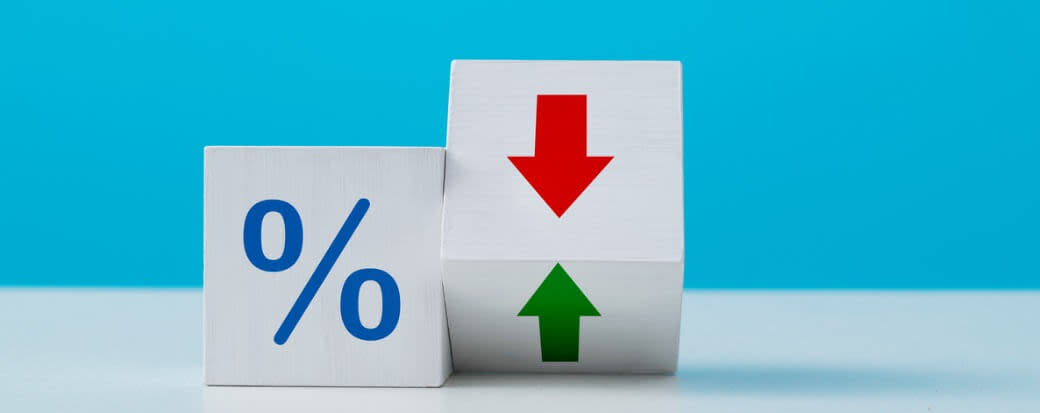What Is the Maturity Date of a Personal Loan?

Share this article:
Editor’s note: Lantern by SoFi seeks to provide content that is objective, independent and accurate. Writers are separate from our business operation and do not receive direct compensation from advertisers or partners. Read more about our Editorial Guidelines and How We Make Money.
What Does Loan Maturity Date Mean?
How Do Loan Maturity Dates Work?
What Is My Personal Loan Maturity Date?
Different Types of Personal Loan Maturity Dates
How to Calculate Your Loan Maturity Date
Loan Maturity Value Examples
What Happens at the Personal Loan Maturity Date?
Other Important Personal Loan Information
Loan Amount
Loan Principal
Loan Interest Rates
Monthly Loan Payments
The Takeaway
Frequently Asked Questions
Photo credit: iStock/baona
LCPL0322022
About the Author
Su Guillory is a freelance business writer and expat coach. She’s written several business books and has been published on sites including Forbes, AllBusiness, and SoFi. She writes about business and personal credit, financial strategies, loans, and credit cards.
Share this article: